Russia: No date set for new talks on JCPOA revival, Iran needs more time after presidential poll
Russia’s lead negotiator at Vienna talks says no date has been set for the seventh round of the negotiations to revive the 2015 Iran nuclear agreement, because Tehran needs more time following its June 18 presidential election.
“The date of the beginning of the seventh round of the #ViennaTalks on #JCPOA isn’t set yet. After Presidential elections #Iran needs more time for preparations,” Mikhail Ulyanov, Russia’s Permanent Representative to International Organizations in Vienna, wrote in a tweet on Thursday.
While referring to the delay as normal, Ulyanov stressed that the current uncertainties over the prospects of the talks do not meet any country’s interests.
“The sooner the talks resume the better,” he added.
The date of the beginning of the seventh round of the #ViennaTalks on #JCPOA isn’t set yet. After Presidential elections #Iran needs more time for preparations. It’s normal. However today’s uncertainties do not meet any country’s interests. The sooner the talks resume the better.
— Mikhail Ulyanov (@Amb_Ulyanov) July 8, 2021
The Vienna talks began in early April with the aim of reviving the nuclear agreement, officially called the Joint Comprehensive Plan of Action (JCPOA), by bringing all original parties, especially the US, back into compliance with the deal, three years after Washington withdrew from the accord and tried to sabotage it.
The sixth in-person round of the negotiations in the Austrian capital came to an end on June 20, two days after Iran’s presidential election that secured the victory of Ebrahim Raeisi.
Iran has already announced that the country’s stance on the JCPOA “will not alter with a change of administration.”
“If an agreement is reached, the administration of Mr. Raeisi will remain loyal to it, because adherence to commitments and promises has always been a principle for the Islamic Republic of Iran, contrary to the approach of some other parties,” Iran’s Foreign Ministry spokesman Saeed Khatibzadeh said on Tuesday, hinting at the US, which inked the agreement under the Barack Obama administration, ditched it under the Trump administration, and wants to rejoin it under the Joe Biden administration.
‘Importance of sunset provisions overestimated’
In a tweet on Wednesday, Ulyanov noted that the importance of sunset provisions within the JCPOA seems to be “often overestimated.”
“Of course they are helpful for confidence building. However sooner or later sunsets will expire,” he said.
The Russian diplomat added that from the viewpoint of non-proliferation, the only reliable guarantee over Iran’s nuclear program is the International Atomic Energy Agency (IAEA)’s verification based on the Additional Protocol that allows the IAEA to carry out short-notice inspections in Iran.
The importance of sunset provisions of #JCPOA seems to be often overestimated. Of course they are helpful for confidence building. However sooner or later sunsets will expire. From the viewpoint of non-proliferation the only reliable guarantee is #IAEA verification based on AP.
— Mikhail Ulyanov (@Amb_Ulyanov) July 7, 2021
The sunset provisions of the JCPOA are a series of lapsing limitations on Iran, which stipulate when the various restrictions imposed on the country's nuclear program expire, permitting Tehran to expand its nuclear program and lifting other missile and military restrictions on the country.
The opponents of the JCPOA, including Israel and Saudi Arabia, have referred to the sunset provisions as a means that would pave the way for Iran to acquire nuclear weapons – a goal repeatedly denied by the Islamic Republic that signed the JCPOA to prove its principled opposition to the acquiring, stockpiling and using of nukes.
On the other hand, the proponents of the deal point to the fact that Iran’s nuclear program remains under the most robust inspection regime that exists under the JCPOA.
However, in response to the US withdrawal from the JCPOA and its “maximum pressure” policy on the Islamic Republic, Tehran has halted some of the IAEA’s activities in Iran, including the country’s voluntary implementation of the Additional Protocol, to drive the other signatories of the nuclear deal to fully keep their end of the bargain.
Ulyanov’s remarks came after US Senator Ben Cardin said that the revival of the JCPOA must address the “changed circumstances” since the pact was negotiated, and that “there is a strong, almost universal desire by Congress... to go beyond the sunset dates that were included in the JCPOA.”
The Vienna talks must address “issues beyond just nuclear,” he told AFP, referring to Iran’s missile program and other issues, which Tehran has rejected to be included in the talks.
‘Trump authorized Epstein’s death’; ‘love for young girls’: Accusations infest new Epstein files
Libya’s army chief killed in Ankara plane crash after high-level talks with Turkish officials
Israeli settlers tear gas 3 Palestinian children in attack on West Bank home
‘He raped me’: New trove of Epstein files reveals why Trump tried to bury them
Iran halts gas exports to Iraq amid surge in domestic demand
Belgium files to intervene in South Africa’s ICJ genocide case against Israel
Netanyahu appears in court for 65th time in ongoing corruption trial
Iran's government submits $111bn budget bill for year 1405


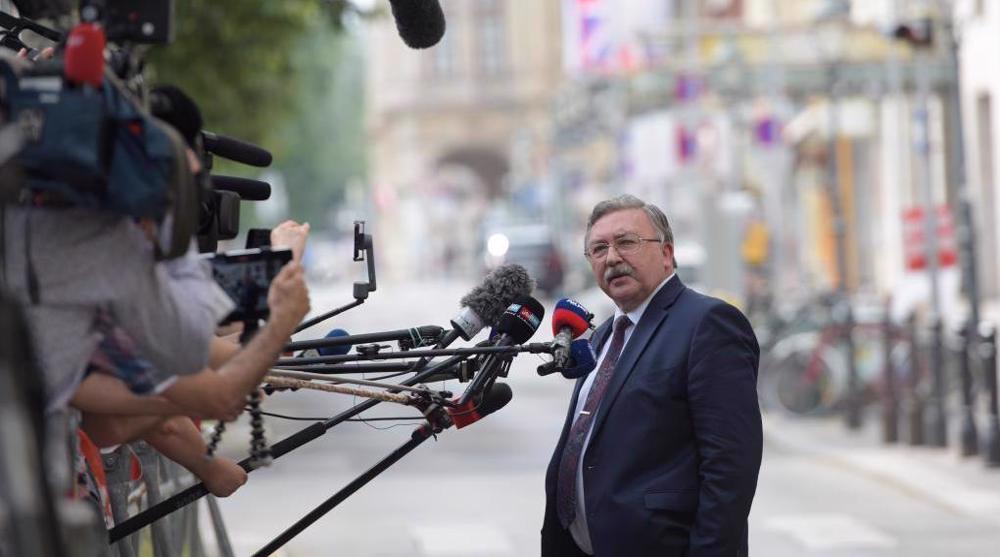
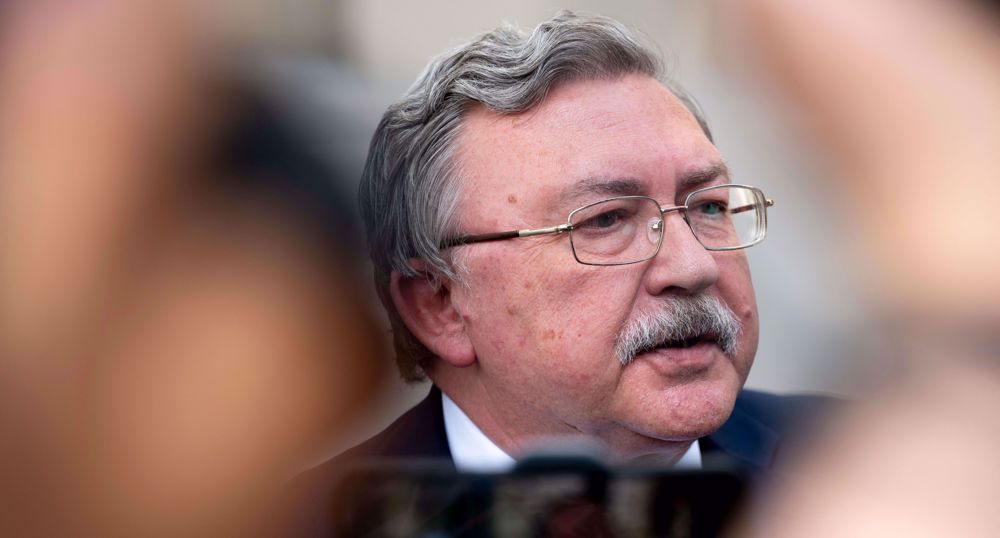
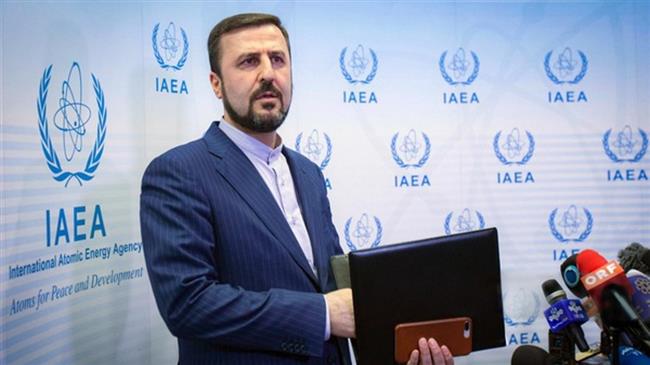
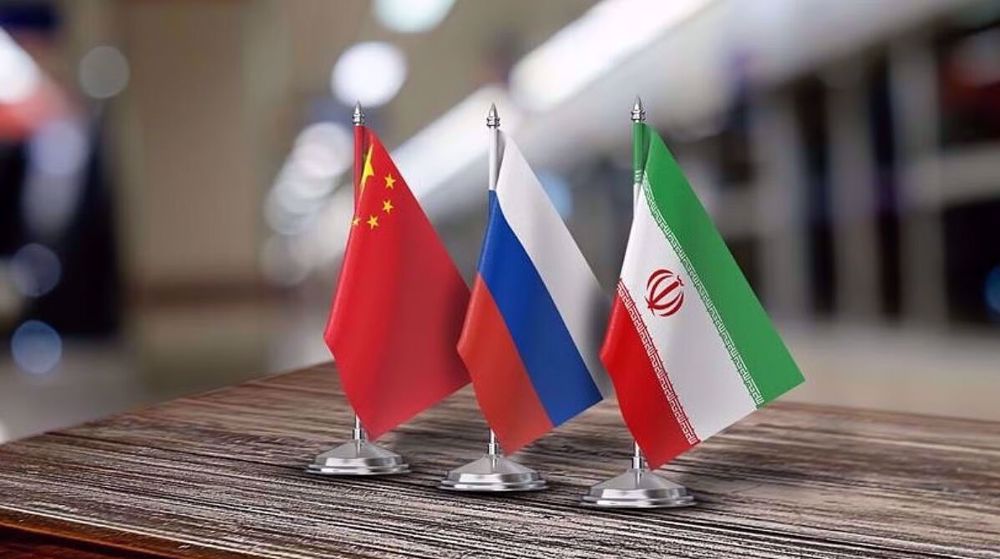
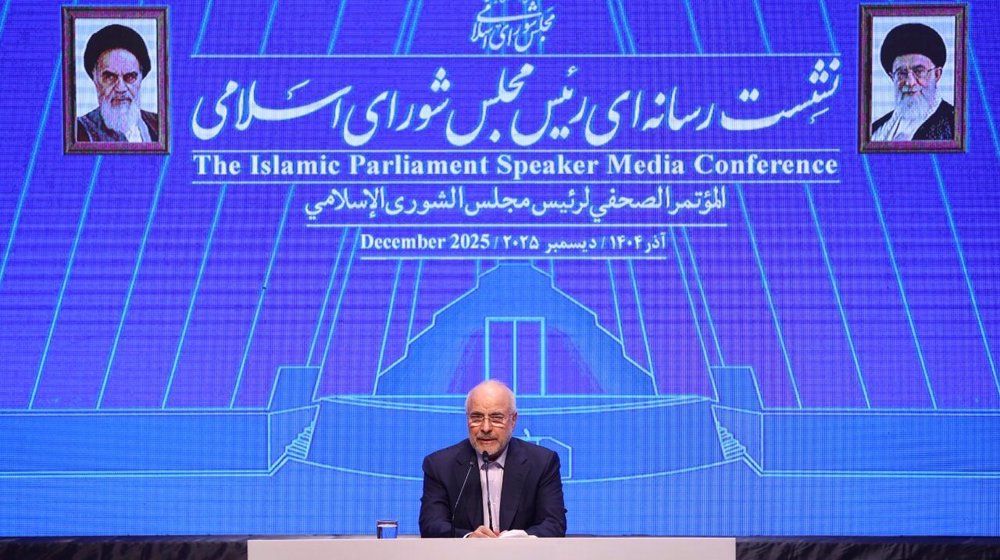
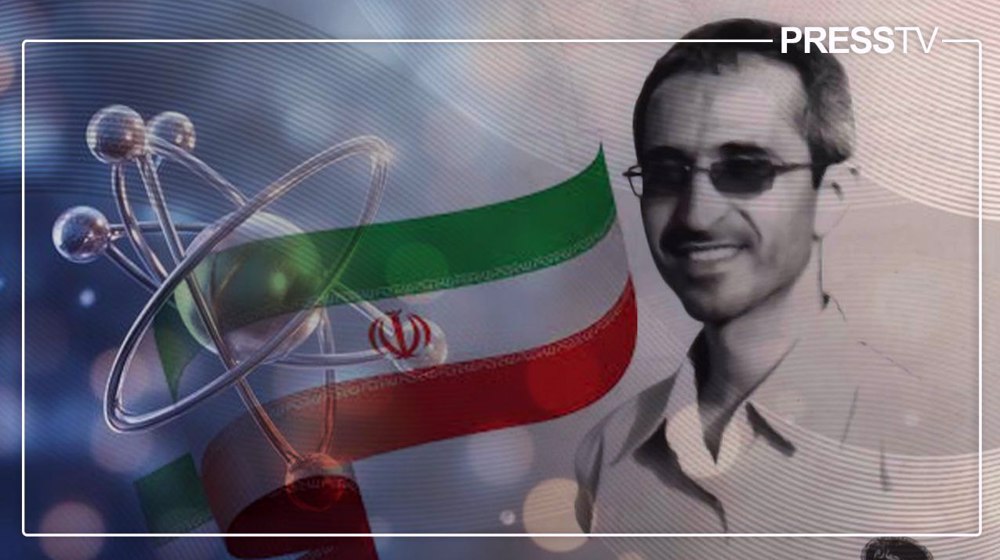



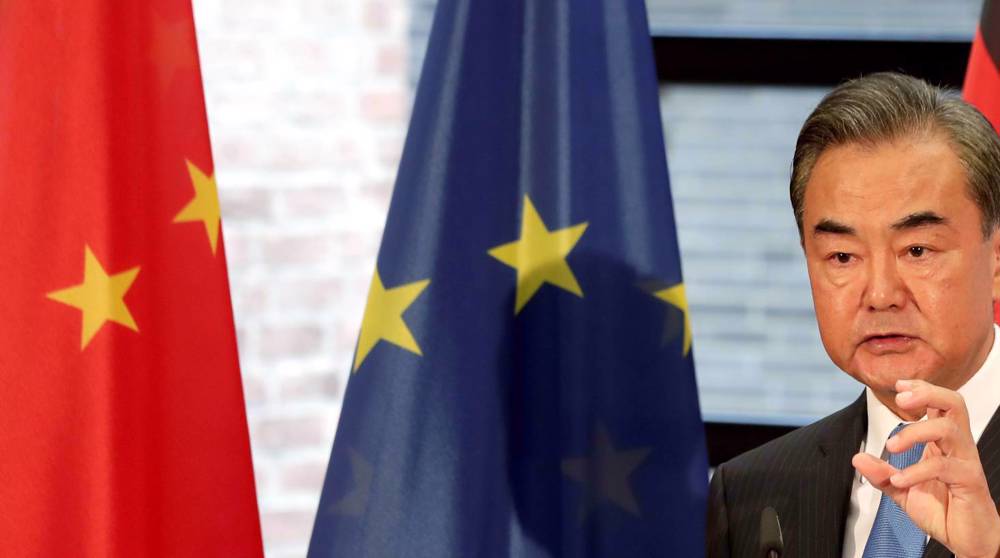
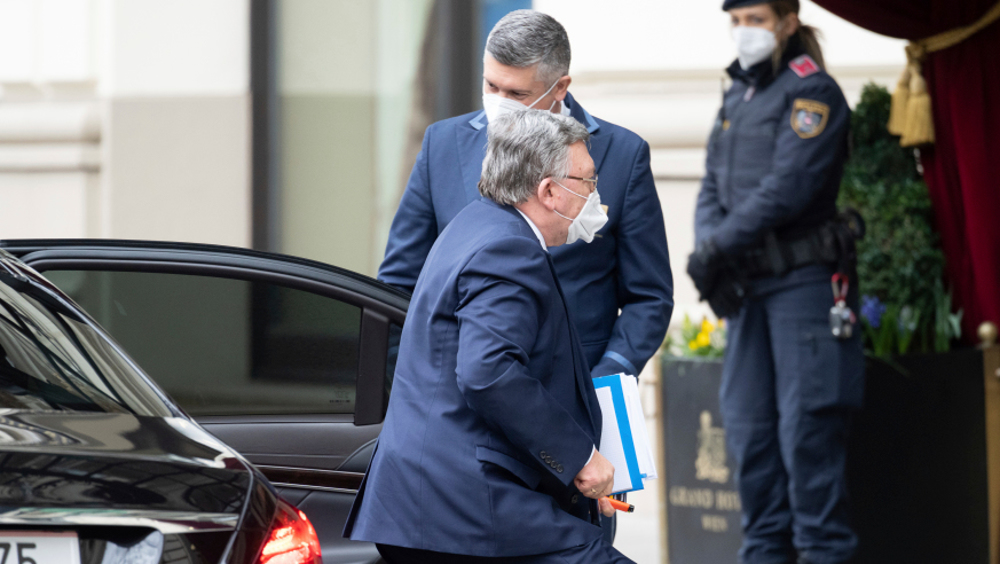
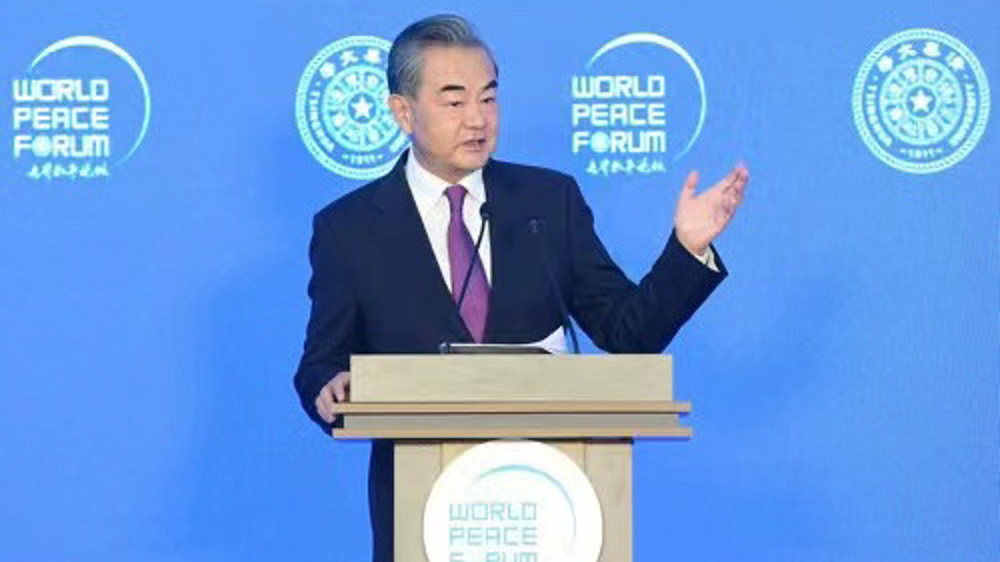
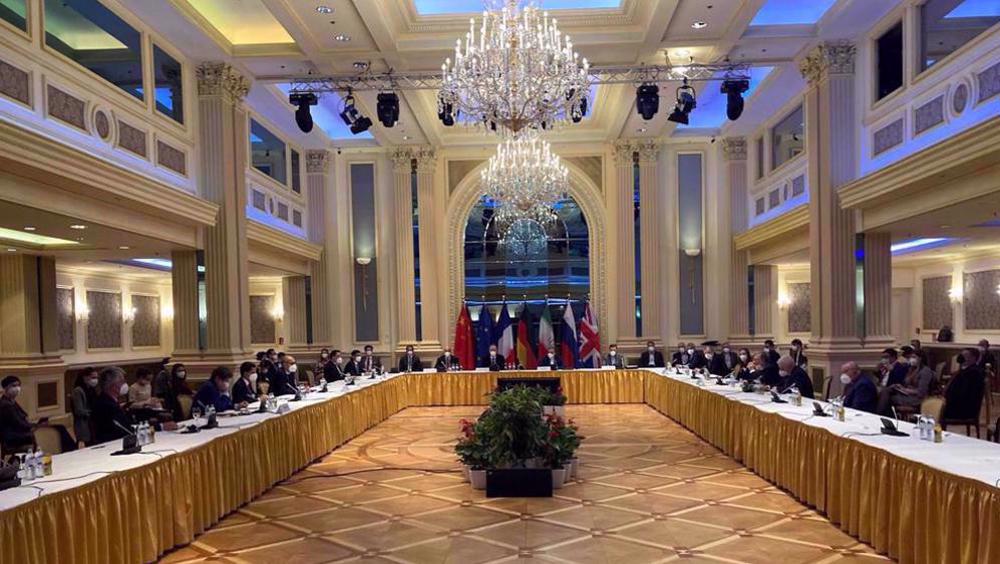
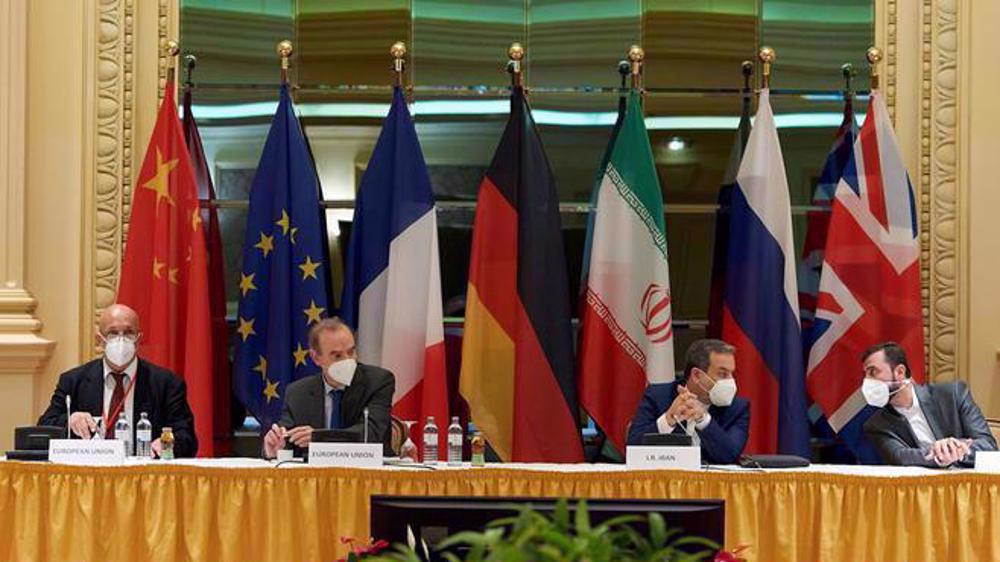

 This makes it easy to access the Press TV website
This makes it easy to access the Press TV website